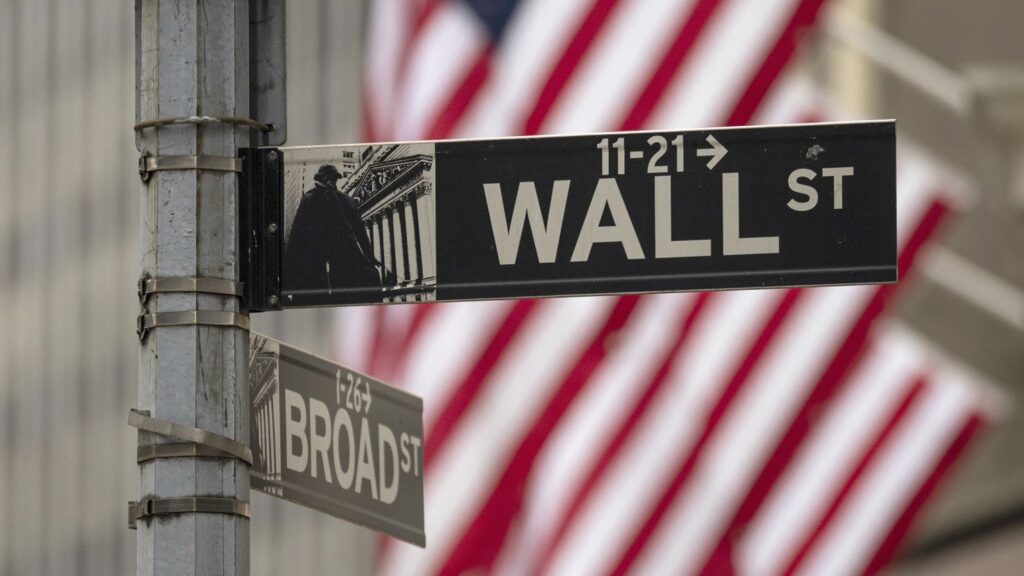Investing in US markets lately is akin to spinning plates while riding a unicycle balanced on a bowling ball. Traders have to contend with rapidly changing tariffs, mixed economic signals, uncertainty over rates and now an escalating conflict in the Middle East.
So you might assume that the United States’ historic strikes on three Iranian nuclear facilities over the weekend would send stocks lower and oil prices higher, for fear of retaliation and a potential Iranian blockade of the Strait of Hormuz, a critical shipping lane through which about a fifth of the world’s oil flows. Yet stocks are basically flat. Oil gave up most of its earlier gains. Bonds are quiet.
What’s going on?
Investors are maintaining their balancing act: It’s just not clear what happens next — or what position to take. If the US and Israeli strikes are largely over, and Iranian retaliation is muted, this could be a net positive for markets, lessening volatility and the threat of a nuclear-armed Iran. If the conflict escalates — particularly if Iran cuts off oil supplies to the West — that, combined with a growing trade war, could reignite inflation and a global recession.
In the meantime, with equal bets on both sides of the argument, Wall Street trades are barely budging.
